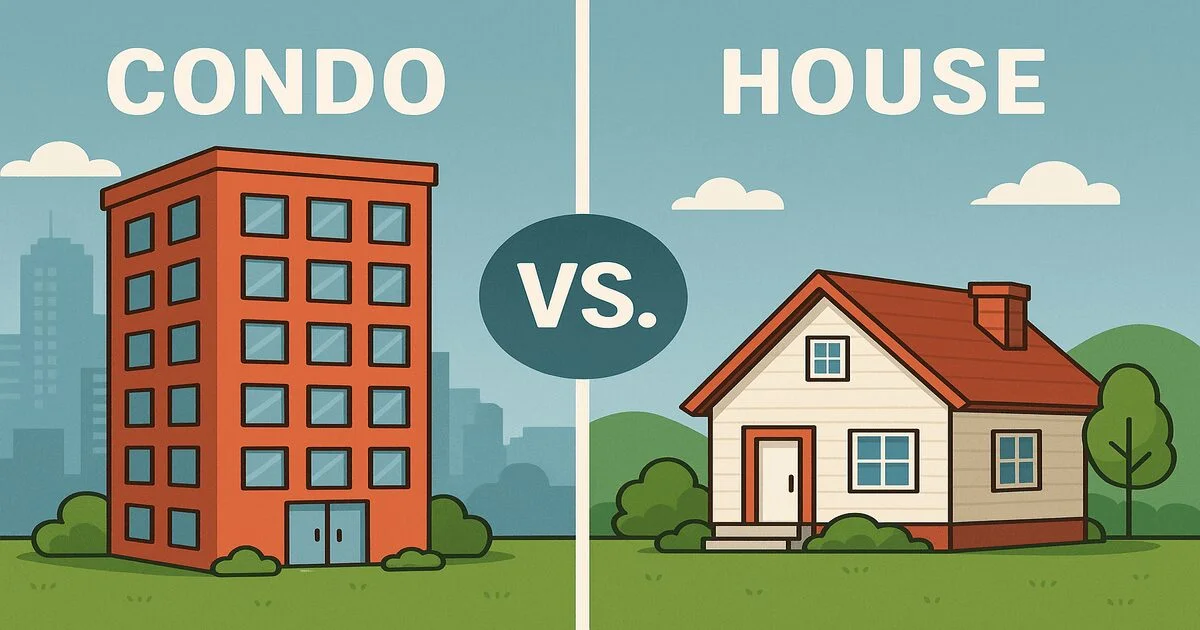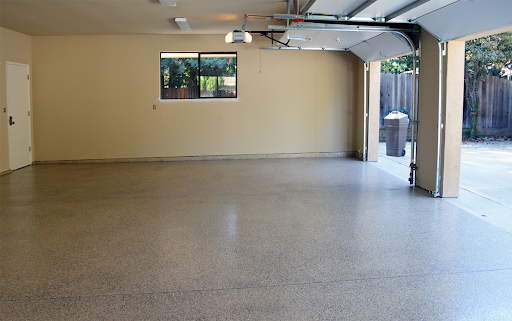When it comes to investing in residential real estate, two property types dominate the Toronto market: condominiums and single-family homes. Both options can be profitable, but the day-to-day management of each comes with distinct challenges. This is where professional Toronto property management solutions become invaluable, helping owners make the most of their investments without being bogged down by constant oversight.
Let’s break down how condos and single-family homes differ when it comes to ownership, maintenance, tenant relations, and long-term returns—and how the right management approach can set you up for success.
Understanding Condo Ownership and Responsibilities
Condos are a popular choice in Toronto, particularly for first-time investors, because of their relatively lower price points compared to detached homes. However, ownership of a condo means more than just your unit. You’re also part of a condominium corporation that manages the building’s common areas, amenities, and structural upkeep.
For landlords, this translates into less responsibility for exterior maintenance but more rules and regulations to follow. Property managers help navigate condo board bylaws, coordinate with building management, and ensure tenants comply with restrictions on renovations, pets, or short-term rentals.
Single-Family Homes: Control and Responsibility
Single-family homes offer owners more freedom but also greater responsibility. Unlike condos, there’s no corporation handling landscaping, roof repairs, or snow removal. Every aspect of upkeep—from plumbing leaks to yard maintenance—falls directly on the owner.
For landlords who want a hands-off approach, this can quickly become overwhelming. Property managers step in by coordinating contractors, overseeing preventative maintenance, and handling emergencies 24/7. This not only protects the value of the home but also creates a better experience for tenants, encouraging long-term leases.
Tenant Expectations in Condos vs. Houses
Tenant profiles often differ between condos and houses. Condo tenants may be younger professionals seeking proximity to downtown offices and amenities. They usually value convenience, building facilities, and modern finishes. In contrast, families renting single-family homes often prioritize space, backyards, schools, and neighbourhood stability.
Property managers adapt their approach depending on the tenant base. For condos, this might involve showcasing lifestyle perks like gyms and rooftop patios. For homes, it’s about highlighting family-friendly features and ensuring the property remains well maintained. Matching the right tenants to the right property is key to reducing turnover.
Maintenance Considerations and Costs
Condos typically come with lower day-to-day maintenance responsibilities for the landlord, since building management covers the exterior. However, condo owners pay monthly maintenance fees, which can climb significantly over time. Repairs inside the unit—appliances, plumbing, electrical—remain the landlord’s responsibility.
Houses, on the other hand, don’t carry condo fees but often demand more frequent and costly repairs. Roof replacements, HVAC servicing, and landscaping add up quickly. A property manager tracks these needs proactively, ensuring small issues don’t snowball into expensive emergencies.
Navigating Rules and Regulations
Condo boards can impose strict rules on landlords, including restrictions on tenant selection, short-term rentals, or renovations. Non-compliance can lead to fines or legal disputes. Property managers help landlords stay compliant by handling communications with boards and ensuring tenants understand their obligations.
With single-family homes, rules are dictated more by municipal bylaws than by a board. For example, noise complaints, waste management, and zoning regulations can still affect a rental property. Property managers act as the intermediary with city services and ensure compliance with rental housing standards.
Impact on Investment Returns
Condos often provide stable rental demand thanks to their location and amenities, but rising condo fees can cut into returns. On the flip side, they’re usually easier to rent out because of modern layouts and central locations.
Houses tend to generate higher rental income, especially if they’re in desirable neighbourhoods, but they can sit vacant longer if priced incorrectly. Long-term, detached homes may appreciate more due to land value, while condos follow trends in the broader real estate market. Property managers help optimize pricing strategies, reduce vacancies, and increase overall returns through careful oversight.
The Role of Property Managers in Tenant Relations
Whether you own a condo or a house, managing tenant relationships is one of the most time-consuming aspects of being a landlord. Late-night calls, repair requests, and disputes can become stressful without support.
Property managers act as the buffer, addressing concerns quickly and professionally. For condo units, they ensure tenants follow building policies. For houses, they handle everything from lease enforcement to arranging lawn care. This professional distance helps avoid conflict and keeps the relationship between landlord and tenant smooth.
Long-Term Planning and Portfolio Growth
For investors planning to expand their portfolio, consistent management becomes even more important. Condos offer scalability since multiple units can be managed under similar frameworks, while houses require tailored approaches for each property.
Property managers provide insights on when to raise rents, how to structure leases, and which neighbourhoods are trending for investment. Their experience helps owners make strategic decisions that build wealth over time.
Making the Right Choice for Your Property
Ultimately, choosing between a condo and a single-family home comes down to your goals, risk tolerance, and desired level of involvement. Condos may be simpler to manage day-to-day but come with more restrictions. Houses offer more control and potentially higher returns but also demand more upkeep.
With professional guidance, either option can be highly rewarding. The key is ensuring your property is managed in a way that maximizes value, keeps tenants satisfied, and reduces your workload as an owner.
Final Thoughts: Simplifying the Decision
Condo or house, every rental property in Toronto presents unique opportunities—and unique challenges. The right management partner ensures you don’t have to navigate them alone. By leveraging expert support, you can protect your investment, grow your rental income, and focus on your long-term real estate goals without the daily stress of being a landlord.









